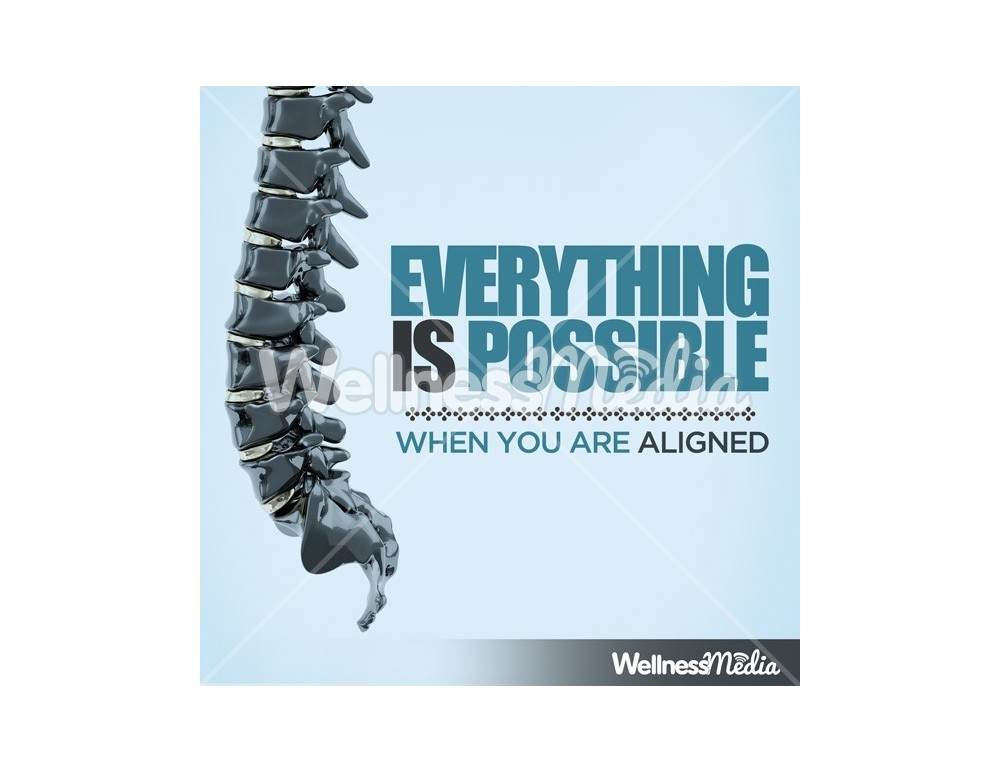Are Chiropractic Care Adjustments Compulsive? Separating Truth From Misconception
Are Chiropractic Care Adjustments Compulsive? Separating Truth From Misconception
Blog Article
Team Author-Skovsgaard Corbett
You might have heard that chiropractic care adjustments can lead to an addictive reliance, however that's a typical misconception. Lots of people locate relief without creating any kind of kind of addiction. It is essential to comprehend real objective of these modifications and just how they fit into your general health approach. So, just what does the scientific research claim about chiropractic care and your health? Let's check out the facts.
Understanding Chiropractic Adjustments and Their Purpose
When you think about chiropractic care modifications, it's important to recognize their purpose and exactly how they work. These changes intend to remedy imbalances in your spine and joints, promoting much better alignment and movement. By using controlled force to particular locations, chiropractic practitioners assist alleviate pain, enhance feature, and improve your general wellness.
Chiropractic treatment concentrates on your body's capability to heal itself, highlighting the connection in between the spinal column and the nervous system. When your spine is straightened, it can reduce nerve disturbance, enabling your body to function efficiently.
Normal changes might also help prevent future concerns, keeping you energetic and pain-free. Inevitably, chiropractic changes offer to support your health, improve wheelchair, and improve your quality of life.
Common Myths Regarding Dependency and Chiropractic Care
Many individuals hold false impressions about the relationship in between chiropractic care and dependency treatment. One typical misconception is that chiropractic care adjustments produce an addiction-like dependence. Actually, several people locate relief from pain and discomfort, yet this does not indicate they establish a mental or physical addiction.
Another myth is that chiropractic practitioners are simply attempting to maintain you coming back for even more adjustments. Most chiropractors prioritize your wellness and go for long-term health rather than regular check outs.
In mouse click the next webpage , some believe chiropractic care can change conventional dependency therapies, however it ought to complement, not replace, evidence-based treatments. Understanding these myths can assist you make notified options about your health and wellness and wellness without falling victim to false information.
The Science Behind Chiropractic Adjustments and Individual Experience
While some might examine the efficacy of chiropractic care changes, a growing body of research study sustains their duty in alleviating discomfort and boosting total feature.
Research studies show that spine adjustment can minimize pain from problems like lower back pain, stress migraines, and neck discomfort. When you undertake chiropractic treatment, the modifications intend to restore proper alignment, enhancing your body's all-natural recovery capacities.
Several patients report raised mobility and a higher sense of wellness after therapy. Furthermore, the therapeutic relationship you build with your chiropractor can boost your experience, as they offer customized treatment customized to your demands.
https://www.sciencedaily.com/releases/2018/09/180905161942.htm of clinical support and favorable individual experiences aids clarify why chiropractic adjustments work for many people seeking alleviation.
Conclusion
To conclude, chiropractic modifications aren't addictive; they're created to boost your health and promote aggressive health care. By exposing the misconceptions surrounding reliance, it's clear that these treatments can give significant alleviation without developing a cycle of dependency. Accepting chiropractic treatment as a complementary method to typical treatments can bring about better health outcomes. So, if you're taking into consideration adjustments, felt confident that they're about enhancing your quality of life, not creating a dependence.
